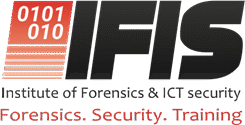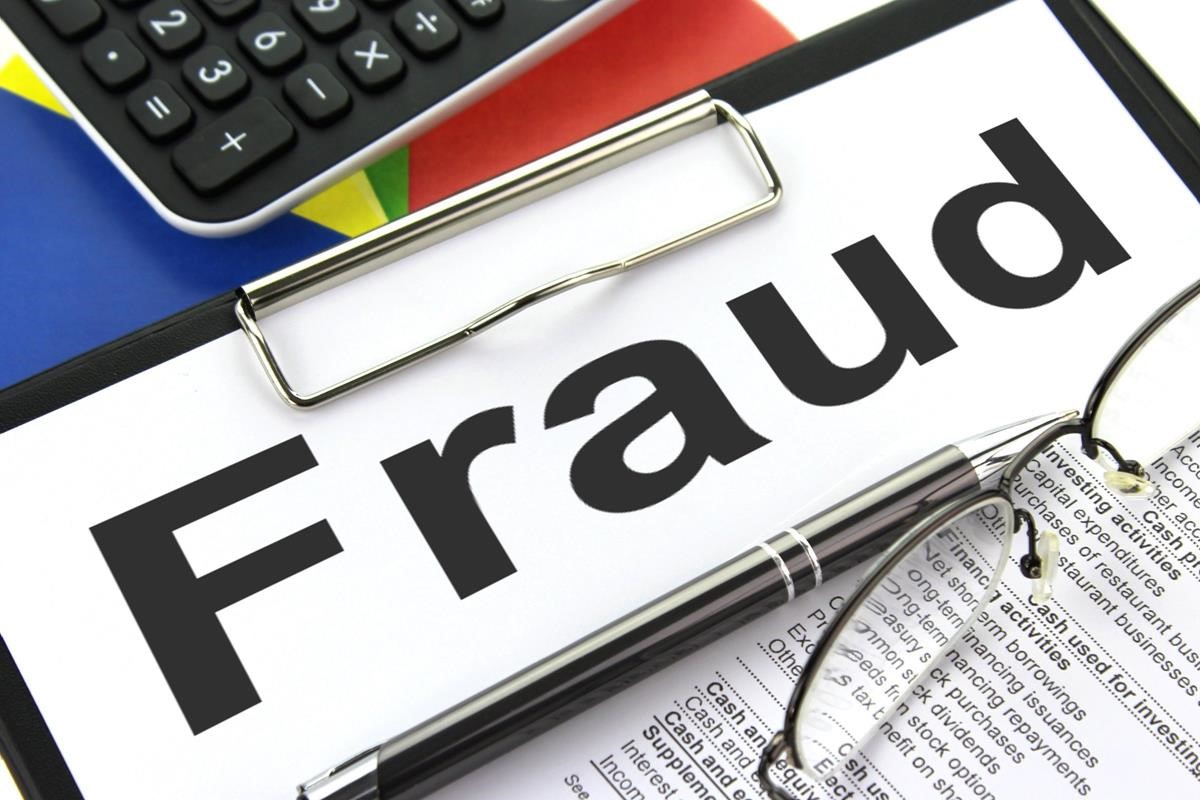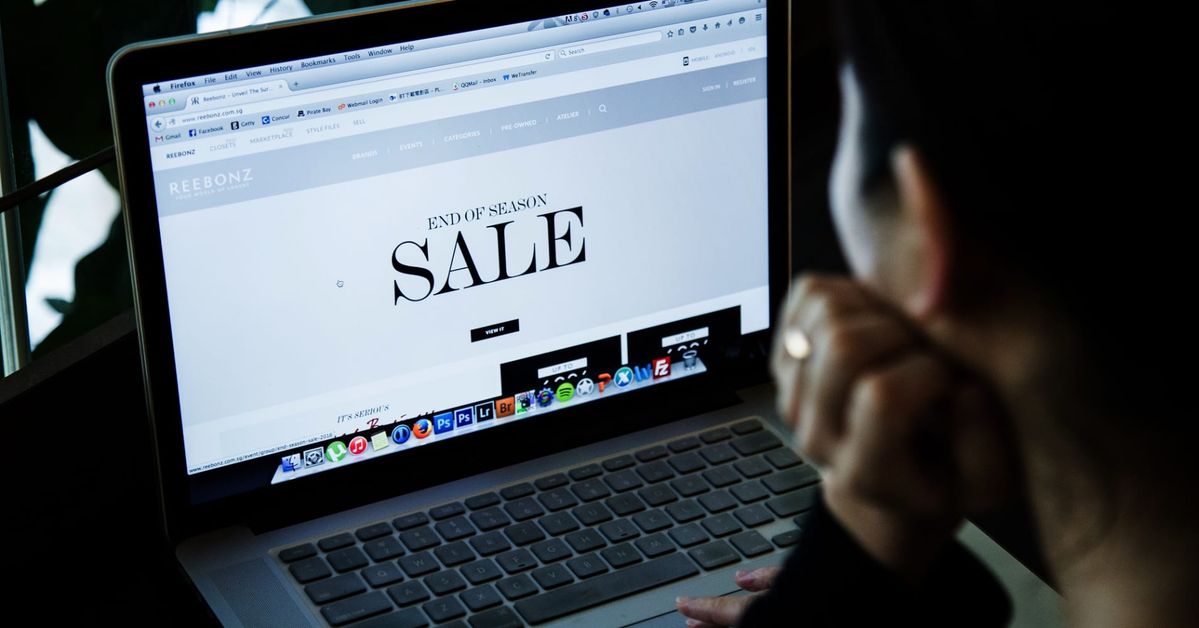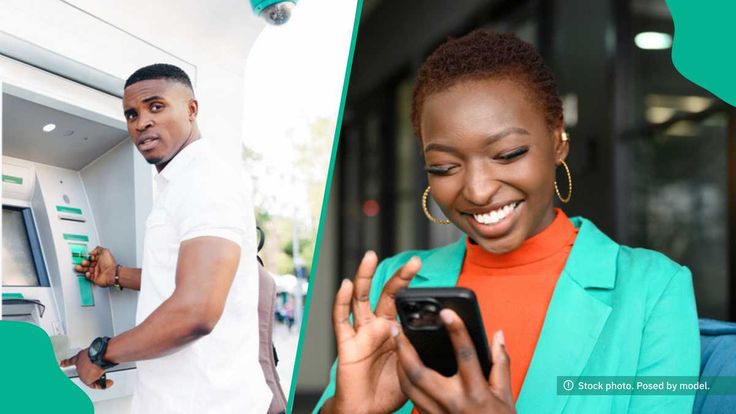Every entrepreneur talks about success.
But no one tells you the price tags attached.
Before I pivoted to strategy, risk, and leadership, I was a fraud investigator. Few professions offer the same mix of fulfillment and adrenaline as investigations. The thrill of responding to a crime scene. Taking notes. Preserving evidence. Recording statements. Analysing facts. Developing a fraud hypothesis. Gathering proof. Interviewing suspects. And ultimately, confronting the prime suspect.
It is captivating. Addictive, even. You find yourself chasing the truth relentlessly. Who did it? How? Why? The process of connecting the dots becomes an obsession. You do not rest until the whole puzzle fits together.
I remember one investigation that changed everything.
It was late, around 7:30 PM. I was stuck in Jinja Road traffic. Out of nowhere, a man approached my car and signalled me to lower the window. I complied, unsuspectingly. He made sure I saw the gun tucked inside his oversized jacket.
“You are Mustapha? Mugisa?” he asked.
“Yes,” I replied, a bit startled.
“I have decided to give you a second chance,” he said coldly. “That case you are investigating the one involving fictitious SIM cards drop it. This is the last time I will warn you.”
I had received many threats over the years. It comes with the territory. But this one was different. Chilling. Personal.
As traffic finally began to move, the song Coward of the County echoed in my head. I laughed softly at myself in the mirror half in disbelief, half in reflection. I could not help but wonder. Did the traffic officer deliberately hold us up so that this guy could reach me?
I never got the answer. I just drove off, never looking back.
That night marked a turning point.
I decided to lose interest in that case. I informed the client that I would no longer proceed. And over time, I began reducing my fieldwork in forensic investigations. Instead, I shifted focus to empowering companies to conduct their internal investigations and offering back-end support from our forensic lab, where clients bring in their digital devices for deep analysis.
This transition opened new doors.
As part of our “kitchen” work in support of investigations, Summit Consulting got the opportunity to supply and set up digital forensic labs for several government and private institutions. We built systems—trained teams. Strengthened capacity.
In 2021, an East African agency advertised an international open bid to set up a modern forensic laboratory. We knew this space. We had already designed and built a top-tier, state-of-the-art forensic lab for a leading government agency in Uganda. That experience was not just solid, it was exceptional. We were ready. Hungry. And fully equipped for the next challenge.
This was not just another tender. This was a career-defining opportunity.
We reignited our international contacts, and together bought the bid documents, following every detail. My team was excited; you could feel it. We knew that if we nailed this, we would not just win one job. We would own the entire forensic consulting space in government, not only in Uganda but in the region. You know those ambitions of conquering the continent. The power of dreaming while awake is good.
One thing caught our sharp eyes, the procuring entity had not included anti-static carpets in their plan. Anyone serious about forensic labs knows that without anti-static carpets, your sensitive lab digital forensics bulk evidence story and analyst workstations fail, or they keep failing, making the cost of ownership and lab operations very expensive.
We flagged it. Offered to include it in our bid. Even showed the cost implications of the new additions, if they wanted. But we made it clear that no quality without that carpet.
We submitted.
Then my phone rang.
Unknown number.
“Is this Summit Consulting? Calling from your neighbouring country xx. Meet me. Next week. Café Javas. Will be in Kampala next week. Let us do lunch.”
Now, if you are an entrepreneur, you know what that feels like. Heart racing. You think this is it. The nod. The handshake. The deal. I quickly processed an air ticket and was ready to fly out.
On the day I walked in.
He was already seated. Escort the car outside. Driver waiting. I could see a pistol in the jacket, casually in sight.
He got straight to the point.
“Your bid is good,” he said. “Boss liked it. Told us to give those guys the job. Ugandans are decent people.”
My pulse shot up.
Then came the real deal.
“But…” he leaned closer. “Our budget is equivalent to KES 95 million. You quoted KES 35 million. Your profit?”
“UGX 5 million,” I replied.
He smirked.
“Only that? Why not KES 25 million profit?”
I played along: “Of course. Yes.”
He nodded.
“Good. Go revise your bid. Make it KES 93 million. You will do the work for KES 55 million. The rest KES 38 million you will give us. In cash.”
Now, at that moment, my brain went into overdrive.
There was no negotiation. There was no polite refusal. This man came with authority and backup. He travelled from Nairobi for this deal!
I smiled.
“This is excellent,” I said. “I will inform my Board Chairman and my partners in Nairobi. They have school fees to pay. I am sure they will approve.”
He laughed. Patted my back. “Smart chap. We shall work well.”
I walked out smiling.
But inside?
I was scared and disgusted.
Two days later, I called him. Voice low. Disappointed.
“My friend, I tried. Sat down with the Board. We voted. 3 to 2 against pursuing the deal. I fought for it. But… I’m sorry.”
He replied coldly: “Your Board is not serious.”
I said, “Yes. I know.”
Hung up.
That day, I learned something they never put in the tender documents.
Ethics is not tested when it is easy.
It is tested when millions are on offer. When no one is watching.
And sometimes, the real profit is walking away broke, but free.
That freedom?
Priceless.
Because at the end of the day, the only tender you must win is the tender for your soul.
Two years later, I got to learn the company that won the bid failed to deliver the project and they were blacklisted.




